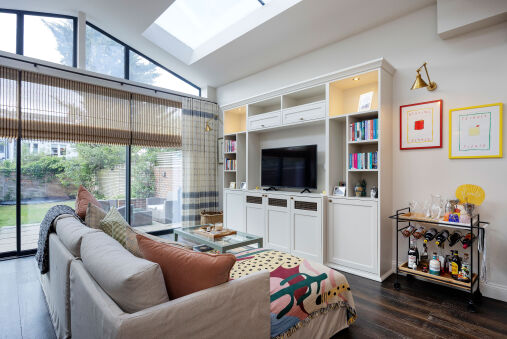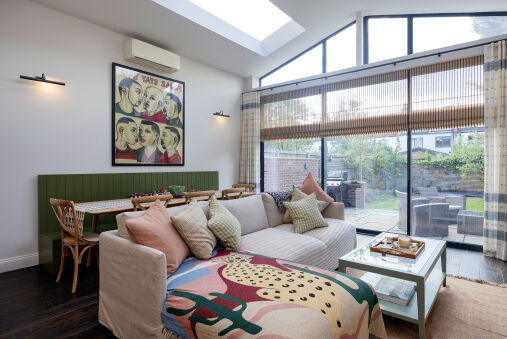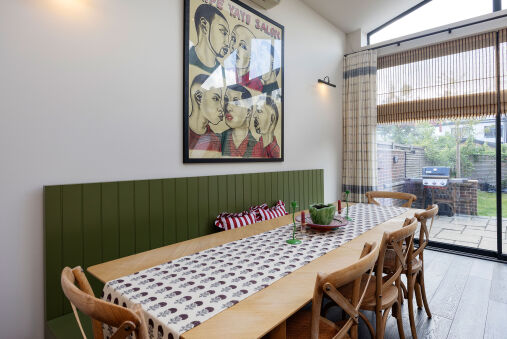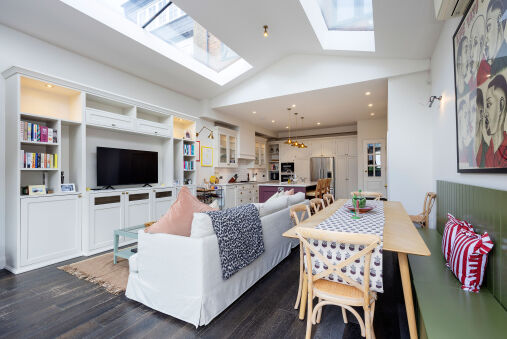Industry
Why landlords in London are taking to short letting
Embracing change in the property market
With the London property market seemingly in a state of change, house prices are stalling or falling in some areas and even the traditional rental market appears to be cooling too. It’s little wonder that landlords are being more creative about their portfolios and making sure that they’re not faced with any unnecessary void periods or cash flow headaches.
The rise in popularity of home stays through the likes of Airbnb and others means that the ‘super’ short let market is becoming an increasingly attractive option for landlords. There’s a very sound reason behind this: Typically, the short let rental market complements that of long lets. They’re both cyclical in nature.
When the long let market quietens down, usually during the Summer period or over Christmas, that coincides with the peak season for short-lets. People love visit London on holiday during these periods. This type of short-let, letting homes out to holiday makers, is usually for a duration of 7 – 14 nights, but can be as long as 3 months.


These very short periods can be a great thing for landlords to use as a stopgap. Imagine a long-let tenant moves out at the start of Summer. The landlord can switch to a short let to cover the Summer period whilst waiting for a new long let tenant to move in the Autumn. This keeps income coming in and generally, the gross rental price for short lets is considerably higher than that of a long let.
By their very nature, short lets can be turned around quite quickly too – so long as the flat or house is fully furnished. Note that the short let rate does vary enormously – certain areas of London command higher prices, especially those closer to the centre. The quality of the home has an impact, too.
Things to keep in mind
Before landlords venture down the short-let route, it’s wise to take stock of what they’re dealing with. If you’re a landlord tempted to do this, let’s look at the main issues that you need to consider:
Firstly, short-letting falls into the hospitality sector. Why? These guests are opting to stay in a home rather than a hotel. This means that they’ll expect a certain standard. They’ll want the comforts that come with a hotel room and possibly more.
As a landlord, you can either opt to run short lets on your own or use a specialist in this field, such as UnderTheDoormat. If you got it alone, you’ll need to take photos of the property yourself, advertise your home and handle the bookings
A word of warning, as you’ll be dealing with potentially multiple guest stays, you’ll need to take care of checking in the guests, attending to the cleaning, the washing of linen and dealing with any of their queries they’ll have during their stay. You’ll also need to make sure you have the right insurance, as this will cover damage as well as theft. It can be time consuming and for the unprepared, a bit of a minefield.
The other option, is where you use a company like UnderTheDoormat, who are trusted experts in premium short lets, and allow them take all the day to day marketing and running of the property. They’ll do all the marketing and ensure that you’re getting as many quality bookings as possible. The guests will be looked after and your home will be professionally cleaned at the start and end of each stay. Plus, they have direct and comprehensive insurance, so it really is an effortless way to handle the short letting.


Guests who look to short-let tend to be those who want to stay in a characterful property and live like a local. That said, for the right property and in the right location, they can be perfect for corporate tenants too, such as business people who are in London for work for just a few days or a week at time.
You must consider the impact of short-letting in other ways, such as needing to provide clear guidelines so that your neighbours aren’t inconvenienced by noise or rubbish bins put in the wrong places.
Companies like UnderTheDoormat will fully vet guests and do personal check ins for you. This means that there is a human element of control and security of who is staying in your property. Be wary of using lock bocks for guests to collect the keys from as you won’t be able to check who really is staying, nor will you really know how many people there might be!
A good idea is to make sure that the short let specialist you use is a member of industry body STAA (Short Term Accommodation Association) who set out clear guidelines and standards for looking after homeowners as well as guests.
As a landlord, contemplating short letting can be very rewarding. It certainly makes for a smart way to mix up your portfolio or to cover any void periods. If you value your time and if you’d rather put the property in the hands of a specialist, then companies like UnderTheDoormat can make the whole process easier and give you peace of mind.



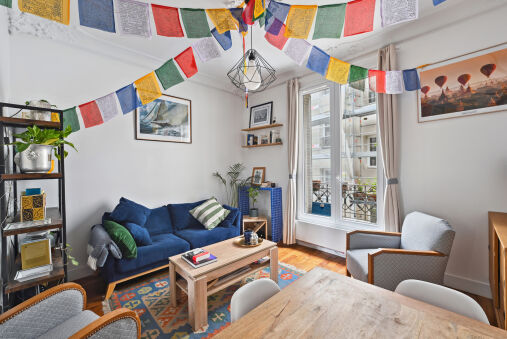
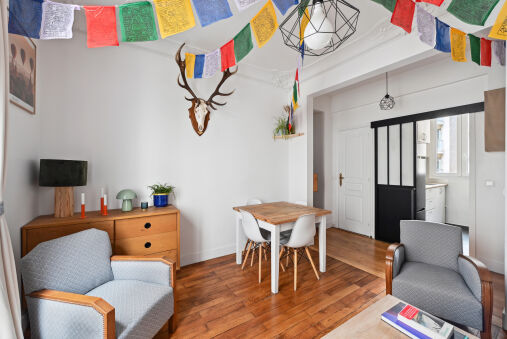
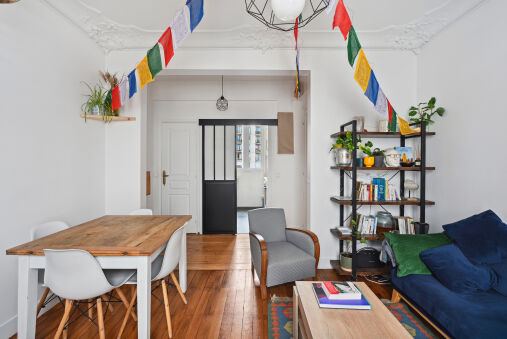
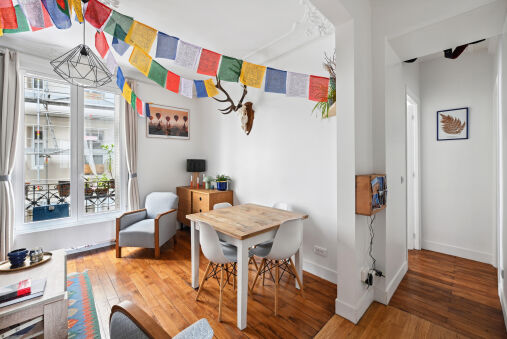
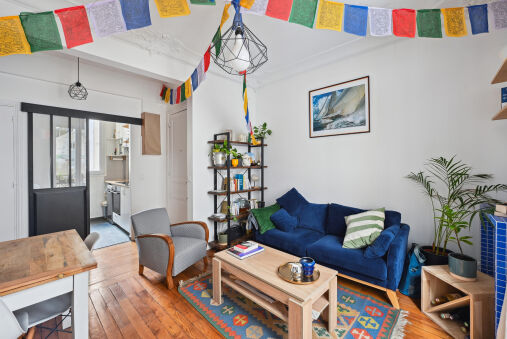
 paris
paris










